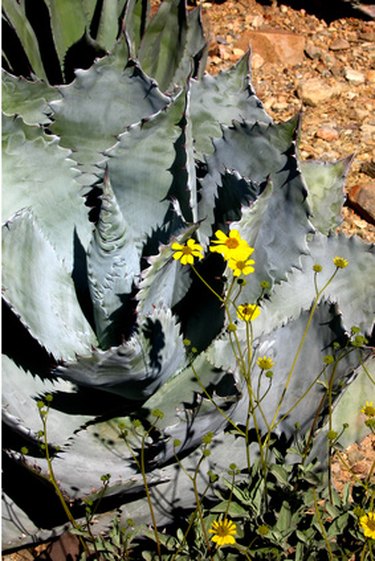Yes, moth balls have been known to repel cats from being near certain areas where the smell of the mothballs is most prominent. If you are desperate to keep cats away from your home or areas in your yard, many people will try the old-school method of placing moth balls in those areas to keep cats away.
Just Say No to Mothballs
Typically, toxins like naphthalene or paradi-chlorobenzene are used to make mothballs; these fumes kill moths and their larvae. Unfortunately, both people and pets find these fumes to be highly unpleasant and toxic. Although some websites might advise scattering mothballs around your garden to deter cats, the poisonous vapors they release will probably deter people from visiting your garden as well. Even worse, the Pet Poison Helpline warns that if an inquisitive cat eats a mothball despite the smell, it may suffer from vomiting, diarrhea, kidney damage, tremors, seizures, or even die. Additionally, children who eat mothballs run the risk of dying from them, according to the National Pesticide Information Center.



Video of the Day
To keep cats out of your garden, fence off the area rather than using toxic mothballs. Additionally, to deter cats from visiting your plants without harming them, scatter coffee grounds, tea leaves, or orange peels around the plants. These materials have an unpleasant scent. The Alley Cat Allies website suggests installing a motion-activated sprinkler as an additional option to deter cats with a harmless water squirt.
Advertisement This story contains affiliate links that may earn you money. Learn more about our affiliate and product review process.
Cats cannot be taught to respect people’s personal property, but some plants and herbs, as well as electronic deterrents, can safely keep them away from prohibited areas. Despite their ability to deter cats, mothballs are poisonous to birds, other animals, and cats.
Mothballs, mothball flakes, and mothball cakes are all made of paradichlorobenzene or naphthalene. While paradichlorobenzene is not as harmful as naphthalene, cats may still experience severe side effects from it.
It is not safe for cats to even place mothballs or mothball flakes in a coffee can with holes drilled in the lid. The fumes can be just as toxic to breathe in as they are to eat.
Cats who consume or inhale naphthalene may experience liver, kidney, and blood cell damage, as well as brain swelling, coma, and even death.
Cats exposed to naphthalene and paradichlorobenzene may experience weakness, lethargy, vomiting, diarrhea, stomach pain, appetite loss, behavioral abnormalities, and seizures.
FAQ
Will mothballs keep cats out of my yard?
Is the smell of mothballs harmful to cats?
What smell do cats hate?
What kind of animals do mothballs keep away?